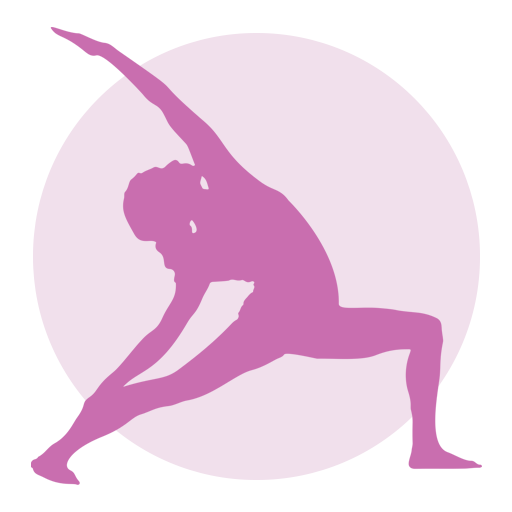What is definition of Holistic Healing Modalities in Holistic Health?
Holistic healing modalities refer to the various approaches and techniques used in holistic health practices to promote physical, mental, emotional, and spiritual well-being. These modalities recognize the interconnectedness of the body, mind, and spirit, and aim to address the root causes of illness rather than just treating symptoms.
Some common holistic healing modalities include:
1. Acupuncture: A traditional Chinese medicine technique involving the insertion of thin needles into specific points on the body to stimulate energy flow and restore balance.
2. Herbal Medicine: The use of plants, herbs, and natural substances to support the body’s natural healing abilities.
3. Massage Therapy: Manipulation of the body’s soft tissues (muscles, tendons, ligaments) to promote relaxation, relieve pain, and improve circulation.
4. Reiki: A Japanese technique that involves the transfer of energy through the practitioner’s hands to promote physical and emotional healing.
5. Meditation and Mindfulness: Practices that involve quieting the mind, focusing attention, and cultivating present moment awareness to reduce stress, improve mental clarity, and promote overall well-being.
6. Yoga and Tai Chi: Physical and mind-body practices that combine movement, breathwork, and meditation to promote flexibility, strength, balance, and relaxation.
These are just a few examples of holistic healing modalities, and there are many more available. The specific modalities used in holistic health practices may vary depending on individual needs, preferences, and the practitioner’s expertise.
